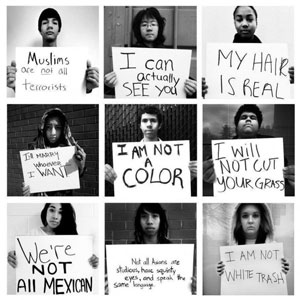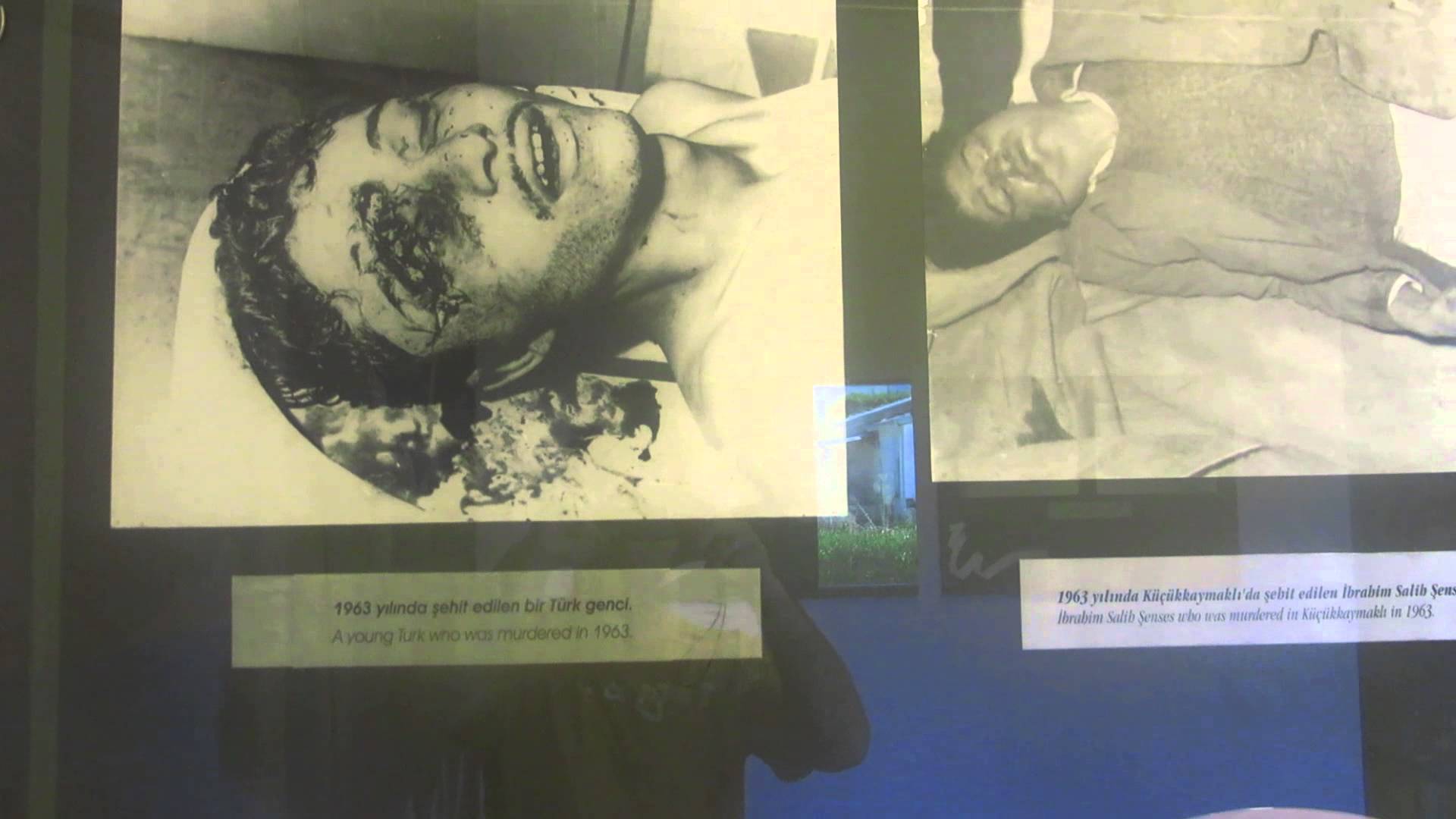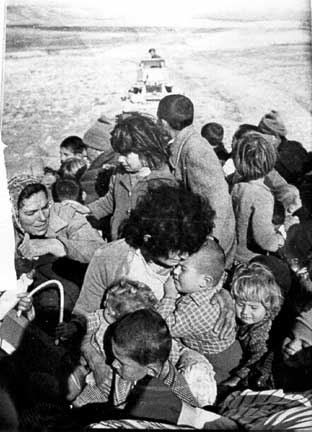Brief
For decades, the Hellenic Republic and the Republic of Turkey have been in dispute about maritime jurisdiction and other issues in the Aegean Sea. With the discovery of large hydrocarbon deposits in some parts of the Eastern Mediterranean, the relationship between the two states has become even more strained. As their continental shelf entitlements in the Eastern Mediterranean overlap to a significant extent, Greece and Turkey also clash over the reach of their sovereign rights and jurisdiction in this region.
The Geography and the Sovereignty Issue
The evolution of the Law of the Sea, which gives countries new spaces of sovereignty and areas of jurisdiction without specifying their delimitation, is the source of the dispute between Greece and Turkey in the Aegean Sea. The disputed areas include the waters south and south-east of the islands of Rhodes, Karpathos, Kasos, and Crete. Another hotspot of the conflict is the island of Kastellorizo (Megisti), which is Greece’s most eastern outpost, located about 330 nautical miles (nm) away from Piraeus and only 1.25 nm from the Turkish coast.

Turkey asserts that its continental shelf extends directly to the outer limits of these islands’ 6-nm territorial sea. In the view of the Greek government, Turkey tried ‘to usurp Greece’s ipso facto and ab initio sovereign rights over its continental shelf and to deprive the Greek islands of their maritime zones, in blatant violation of international law’.
The list of countries suffering from Turkish aggression during the last years is long. Turkey occupies one-third of Cyprus. It has used its F-16s and Special Forces against Armenians. Iraqi officials say Turkey has now established numerous outposts on its territory, ranging in size from small platoon-level posts to a full-size base. The Turkish Air Force bombs Iraq nightly. Turkey ethnically cleanses entire districts in northern Syria.
Greece and Turkey are members of NATO, an organization that promises to come to the help of a member state if any country threatens its security. But when two member states of NATO are at loggerheads and cannot arrive at any solution to the dispute, the question becomes complicated for NATO and the US to deal with. They are reluctant to choose between the two.
The Treaties and clashes through recent History
Turkish-Greek relations have always been tense and open to conflict and military escalation though there had been smooth times in the past. We should not forget that two countries are historical rivals to each other due to their nation-creation process. Nonetheless, after Turkey’s victory against invading Greek powers in 1923, two visionary statesmen Atatürk and Venizelos were able to establish friendly relations. Two countries were both acted as United States (U.S.) allies against the expansionism of communism and Soviet Union during the Cold War. However, this did not prevent two countries to engage in a political/diplomatic clash in 1974 when Turkey rightfully intervened into the island of Cyprus as a guarantor state following a military coup organized by Greek Cypriots aiming to annex the island to Greece (an idea known shortly as “enosis”).
Facts:
According to the Treaty of Lausanne concluded in 1923, after WWI, Greece was obliged to keep the islands demilitarized.
Turkey is the only country that refers to and demands the demilitarization of the eastern Aegean islands.
With regard to the militarization of the islands in the Eastern Aegean, various international agreements apply. In particular :
• the status of the islands of Limnos and Samothrace was governed by the 1923 Lausanne Treaty on the Straits, but was been replaced by the 1936 Montreux Treaty;
• the status of the islands of Lesvos, Chios, Samos and Ikaria, is governed by the 1923 Lausanne Peace Treaty; and
• the status of the Dodecanese islands is governed by the 1947 Paris Peace Treaty.
At the same time, civilian shipping passage in the Turkish Straits mandated Turkey to demilitarize the Straits. The warring countries adhered to the clauses of the treaty. After WWII, another treaty of 1947 gave 12 islands to Greece with the condition of their total demilitarization.
Hindsight shows that Greece has agreed to be a member of NATO because it believed that would provide her security against the belligerent neighbor who does not stop short of claiming its right to most islands and islets in the Aegean Sea.
While Turkey recognized both treaties, the stand of Greece was that Turkey gave the wrong interpretation of various clauses of the treaty. Greece argues that the 1936 Montreux Convention on the regime of the Straits supersedes the Lausanne Treaty (on the Straits) as it gives Turkey the power to militarize the Turkish Straits.
Greece has a very valid point. Turkey cannot enjoy the right to militarize the Straits through the Montreux Convention and then ask Greece to stick to the Lausanne Treaty stipulating the non-militarization of islands.
In 1995 Greece ratified the UN Convention on Law of the Sea called UNCLOS. It provided a legal framework to recognize the limits of maritime zones of coastal nations. One hundred sixty countries, except Turkey, became a party to the UNCLOS.
The Current Geopolitical Shifts of the Greco-Turkish relations
Turkey is heading toward a set of twin elections that could have momentous consequences for the country’s future. In June 2023 at the latest, Turkish voters will be asked to choose a new president and a new parliamentary majority. For the past two decades, the Turkish political landscape has been dominated by the Justice and Development (AK) Party and its uniquely successful leader, Recep Tayyip Erdoğan. After having ruled the country single-handedly since 2002, Erdoğan became the first executive president of Turkey in 2018, following a tightly contested constitutional change. He has come out victorious in every round of elections since the start of his political career. And yet, after two decades, his popularity is faltering, raising the prospect of political change.
Erdoğan’s political alliance with ultranationalists in Turkey has strongly influenced the militarization of Turkish foreign policy, including toward Greece. Since 2015, Erdoğan has relied on ultranationalist political actors to win elections, and he has empowered them at the expense of more moderate factions within the foreign ministry and the military. Also, the prevailing sentiment among opposition parties is that Turkey has lost considerable ground on the diplomatic front in the Eastern Mediterranean and that, conversely, Greece and Cyprus have played their cards more wisely.
The institutionalization of Erdoğan’s presidential system in 2018 has given ultranationalist factions an outsized influence over foreign policy decision-making. In response to tensions in the eastern Mediterranean, such factions fashioned a maximalist and aggressive new doctrine called the “Blue Homeland,” which argues that Turkey is entitled to expansive territorial waters and maritime rights in the eastern Mediterranean and encourages the government to defend these rights through military aggression and, when necessary, use of force.
The purpose of the Blue Homeland strategy is that Turkey should dominate the Mediterranean and reclaim the mercantile and maritime power once held by the Ottomans, writes Antonia Colibasanu.
Additionally, in line with the ultra-nationalist, imperialist conception generated since the 19th century by Ziya Gökalp which seeks to create a “Greater Turkey” that would encompass all Turkish people, since October 2020, Erdogan has worked to consolidate an organization with principles and objectives similar to those of NATO, but whose membership would consist exclusively of nations of Turkish origin. This so-called “Army of Turan,” under Turkish leadership, would include Azerbaijan and Turkish republics in Central Asia. In addition to a group whose principles of pan-Turkish cultural affinity could easily take a chauvinist turn, the creation of a new military alliance led by Turkey is, or should be, considered a violation of NATO’s principles, or even as a kind of Trojan horse; that is, a member of NATO that seeks to create and lead a military organization some members of which would also be allies of the Collective Security Treaty Organization (CSTO) – such as Kazakhstan and Kyrgyzstan – the opposing military alliance commanded by Russia.
The Treaty of Lausanne and the compulsory exchange of populations between Greece and Turkey became the basis both for the reorientation of their foreign policies and for the establishment of close relations of friendship and cooperation between the two countries. But the Cyprus question and the Aegean conflict affected bilateral relations. It had a negative impact on the Treaty of Lausanne.
Conflict between the NATO allies grew stronger and then weakened during the last decades, peaking with crises over the island nation of Cyprus in 1974 and the island of Imia-Kardak in 1995. After the two countries once again came to the brink of war over maritime rights in the eastern Mediterranean in 2020, the newly elected Biden administration, seeking to solidify NATO unity, stepped in to encourage dialogue between Ankara and Athens. The intervention appeared to work: At the NATO summit in June 2021, Turkish President Recep Tayyip Erdoğan praised the revival of diplomatic engagement with Greece.
But that conciliatory tone lasted less than a year. Tensions flared up again in May 2022, when Erdoğan lashed out at Greek Prime Minister Kyriakos Mitsotakis, saying that the Premier “no longer exists” for him. Then, in September, he explicitly threatened Greece with open conflict, warning ominously that Turkey could “come down suddenly one night.” The following month, Erdoğan created a scene at a private dinner of the European Political Community in Prague, interrupting Mitsotakis’s speech by accusing him of insincerity in settling bilateral disputes, starting a shouting match, and repeating his threats against Greece.
On September 5-6, 2022, the Greek Foreign Minister Mr. Nikos Dendias sent letters to the EU, NATO, and the UN to bring to their attention public statements made by Turkeys President Recep Tayyip Erdogan whose “openly threatening nature and tone are more than obvious, thus dispelling any doubts as to their intended purpose.” More specifically, the letters refer to statements by President Erdogan that Turkey could “come all of a sudden one night” and “What I’m talking about is not a dream … If what I said was that we could come one night all of a sudden (it means) that, when the time comes, we can come suddenly one night.” Such statements and a series of similar remarks are part of Turkey’s political and military strategy towards Greece, signaling the possibility of military action.
Why Turkey adopted this aggressive rhetoric toward Greece?
Given the bellicose nature of the statements by Turkish officials, combined with the declared “casus belli” as well as Turkey’s aggressive acts towards Greece and the hostile relations that currently persist between the two countries, the only reasonable inference from the sum of these concerted statements and acts is that Turkey is threatening Greece with force. Turkey has not put forward any legal justification to support its threats. Instead, the projected use of force is offensive and targets the territorial integrity and sovereignty of Greece. It therefore breaches Article 2(4) of the UN Charter.
The context is the differences between Greece and Turkey regarding the extent of the territorial sea, exclusive economic zone (EEZ) and continental shelf in the Aegean Sea. In 1995, the Turkish Parliament adopted a declaration granting the Turkish government powers to use all means including military forces to safeguard the vital interests of Turkey should Greece extends its territorial sea in the Aegean Sea from 6 nautical miles to 12 nautical miles (for the text see Tsagourias, “The Prohibition of Threats of Force”. See also Art 92 of Türkiye’s Constitution).
President Erdogan seeks to revise—always in Turkey’s favor—the century-old Lausanne Treaty that established Turkey’s borders with Greece and Bulgaria. He falsely claims Greece violates demilitarization agreements, and Turkish politicians up to and including Erdogan coalition partner and nationalist party leader Devlet Bahceli and Defense Minister Hulusi Akar further argue that they should possess all islands east of a median line in the Aegean Sea. Turkey does not limit such provocations to maps. Turkish jets regularly violate the airspace of Greek islands like Kastellorizo. State Department statements infused with bothsiderism make matters worse. Simply put, Turkey is violating Greek airspace and occupying Cypriot territory, not the other way around. Secretary of State Anthony Blinken should make this clear. Moral equivalence and lies are no basis for peace and justice.
Furthermore, the Biden administration has misplayed its hand regarding Turkey’s aggression toward Greece. Whereas Joe Biden entered office more resistant to Erdogan’s whispered charms than Presidents George W. Bush, Barack Obama, or Donald Trump, his team has taken a significant step backward in recent months, especially with its endorsement of an F-16 sale to Turkey.
Perhaps Biden and National Security Advisor Jake Sullivan believed this would assuage Erdogan after Turkey’s loss of the F-35 and encourage Turkey to help Ukraine. It has had the opposite effect, though: Erdogan interpreted Biden’s move both as a green light to ratchet up attacks on his neighbors and as a signal Turkey could purchase additional S-400 missiles from Russia without consequence. Meanwhile, Turkey plays a double game with Ukraine, doing as much to help Russia escape the diplomatic and economic consequences of its actions as China, Iran, or North Korea.
In an interview, Constantinos Filis, director of the Institute of Global Affairs, pointed out that, in recent months, Turkey has instead overflown Agathonisi, Farmakonisi, Kandeliousa, and Kinaros. The Turks utilize both manned fighter jets and drones in their overflights, usually probing the islands between three and five in the morning. Each is small. Agathonisi, the northernmost island of the Dodecanese, lies just eight miles off the Turkish coast and is home to fewer than 200 Greeks. The community of Farmakonisi, just under 14 miles to the south, is even smaller. A decade ago, it was home to just ten residents.
While Kandelioussa is uninhabited, it is strategic and part of the Nisyros municipality, which has approximately 1,000 residents. Because Kandelioussa is further west than many other Greek islands, a Turkish outpost would effectively leapfrog over Greek islands to the east, tightening a noose around them and enabling Turkey to blockade. Kinaros, also uninhabited, is still farther West, the second most western Dodecanese island after Astypalea.
Erdogan may land marines or special forces on the island and then dare Greece to remove them. That diplomatic crisis could reinvigorate Erdogan’s religious base and Turkish nationalists. Erdogan could simultaneously insist that any criticism of him or his record was treasonous. Should the crisis lead to a military skirmish, Erdogan could declare a state of emergency and cancel elections entirely.
Too often, the United States and NATO allow themselves to be distracted, a tendency from which other aggressors seek advantage. It is essential that both Washington and Brussels be proactive: Any Turkish move on Greek islands will trigger a military response against the Turkish contingents on those islands that would humiliate Erdogan and hasten his downfall, elections or not. Erdogan may want to be embraced as a sultan and remembered as more consequential than Ataturk, but he must understand today that if he pursues this course of action, his legacy will be that of Argentine dictator Leopoldo Galtieri who fell from power and was imprisoned after failing to seize the Falkland Islands.
Today, Erdoğan has a strong reason to let these hawkish security officials run wild on Greece. He is facing presidential and parliamentary elections in mid-2023, and the country’s economy is in dire straits. As a result of the devastating economic crisis, Erdoğan’s popularity among the electorate has dropped to its lowest point in two decades. To win, Erdoğan needs to distract the electorate from the mess he has made of the Turkish economy. Showing his keen awareness of Erdoğan’s motives, Mitsotakis told reporters this month, “If we had inflation running at 85 percent in Greece, I would also be trying to change the subject.”
A show of force against Greece would not only satisfy the ultranationalists already allied with Erdoğan but also potentially appeal to secular nationalists among the opposition. For years, Turkey’s opposition parties have been using Greece’s militarization of the disputed Aegean islands as a stick with which to beat Erdoğan, while opposition-aligned media have long bashed his government for failing to confront Greece more forcefully on the issue. Such a narrative has helped boost suspicions about Greece across the political spectrum in Turkey.
As war remains very unlikely, a warm military incident between Turkey and Greece is likely coming, not because of anything Athens has done but instead because Erdogan is desperate to distract from failure and bankruptcy. The questions the Biden administration will likely need to answer within a year are what can be done to prevent Turkey’s aggression, what the United States can do to enable Greece better to blunt Turkey’s drone, aircraft, and missiles, and whether the United States can really sit on the sidelines if one NATO member attacks a faithful NATO ally.
Links:















